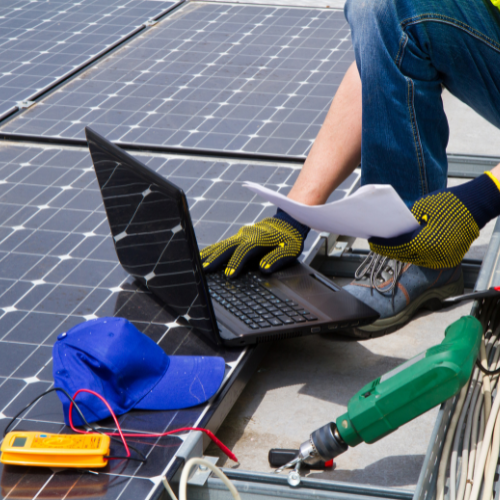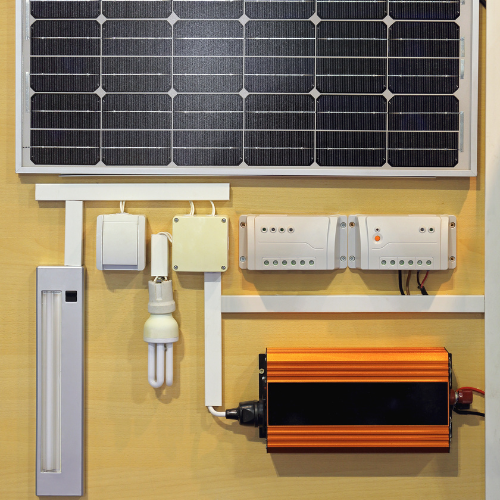Science has shown us that climate change and global warming are happening. The planet is rapidly warming up and consequences have followed. However, there are things we can do to slow climate change.

7 Tips:
- Reduce energy consumption: One of the biggest contributors to climate change is the burning of fossil fuels for energy. You can reduce your energy consumption by using energy-efficient appliances, turning off lights and electronics when they’re not in use, and using public transportation, carpooling, or biking instead of driving alone.
- Eat a plant-based diet: Animal agriculture is a major contributor to greenhouse gas emissions. By reducing your consumption of animal products, you can reduce your carbon footprint and help slow climate change.
- Use renewable energy: If you have the option, switch to a renewable energy source such as solar or wind power for your home or business.
- Conserve water: Water conservation not only helps to reduce your energy consumption (since it takes energy to pump, treat, and heat water), but it also helps to reduce the amount of water that is withdrawn from rivers, lakes, and aquifers, which can help to preserve these natural resources.
- Plant trees and support reforestation: Trees absorb carbon dioxide from the atmosphere, so planting and protecting forests can help to slow climate change. You can plant trees in your own yard or support organizations that are working to reforest areas around the world.
- Support politicians and policies that address global warming: Vote for politicians who prioritize addressing climate change and support policies that reduce greenhouse gas emissions. You can also advocate for climate action by contacting your elected representatives and participating in protests and other events.
- Educate others: Share information about global warming and what individuals can do to help slow it with your friends, family, and community. The more people who understand the problem and take action, the greater the impact we can have.





